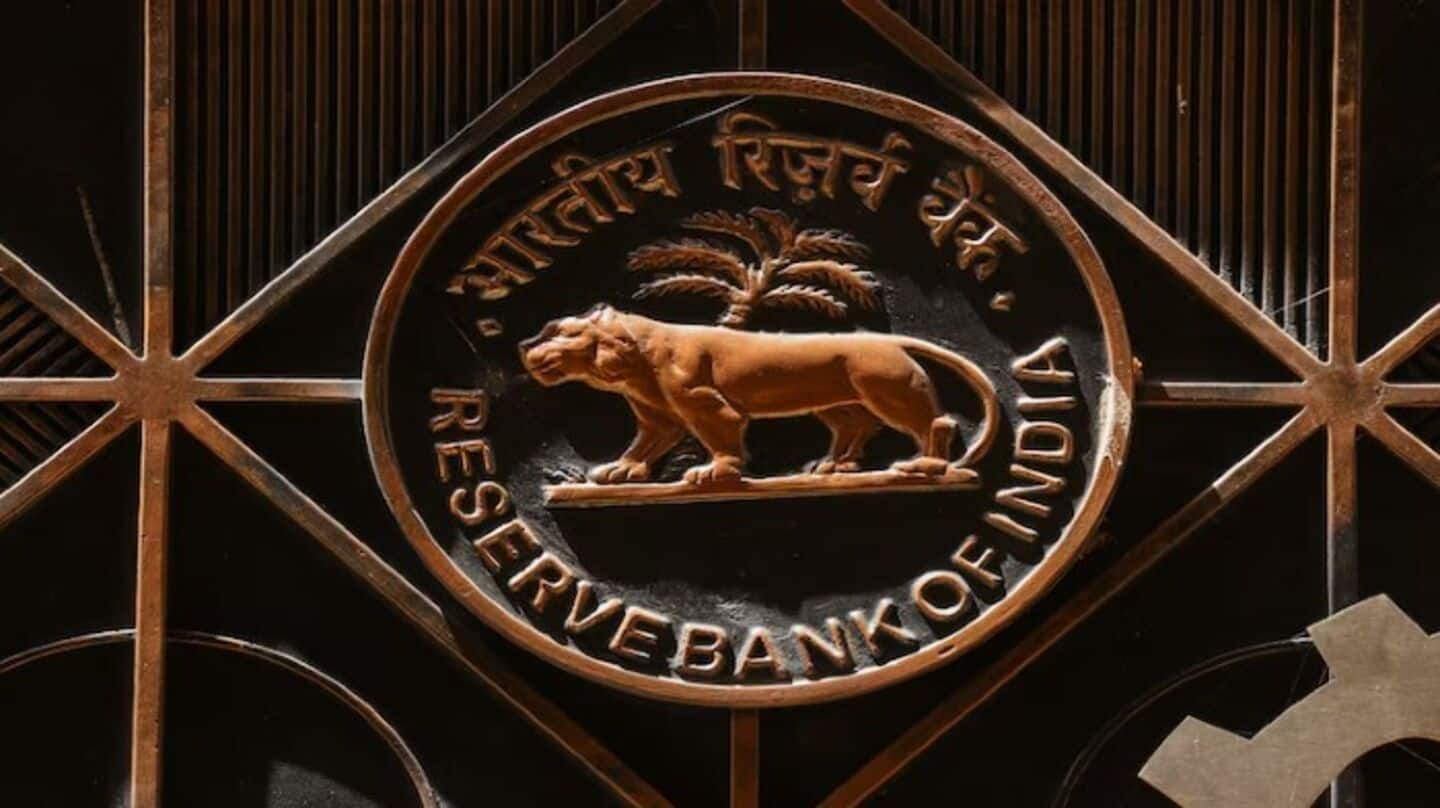
How RBI's relaxation of AIF investment rules affects banks, NBFCs
What's the story
The Reserve Bank of India (RBI) has proposed to relax investment norms for banks, non-banking financial companies (NBFCs), and other regulated entities (REs) in Alternate Investment Funds (AIFs). The move comes after the RBI had introduced stricter measures in December 2023 to prevent potential evergreening through AIFs. As per the central bank, the measures have instilled a sense of financial discipline among these entities.
Investment regulations
Proposed investment limits and safeguards
Under the proposed guidelines, an RE could hold up to 10% of an AIF's corpus. Collectively, all REs could hold up to 15% of an AIF's corpus. Further, investments by REs up to 5% of an AIF's corpus wouldn't face any restrictions. The draft has provision for debt exposures where RE exceeds 5% of AIF's corpus and the fund holds downstream debt in a firm that also owes the RE, requiring the RE to provision 100% of its proportional exposure.
Timeline
Stakeholders can provide feedback until June 8
The RBI might also exempt some AIFs set up for strategic reasons, in consultation with the Indian government. Stakeholders can submit their comments on these proposed changes till June 8, 2025. The main aim of these changes is to strike a balance between risk management and capital flowing into fast-growing sectors such as start-ups, infrastructure, and private credit.